Interview

Fellow
Ms.Iso
Solving educational disparities
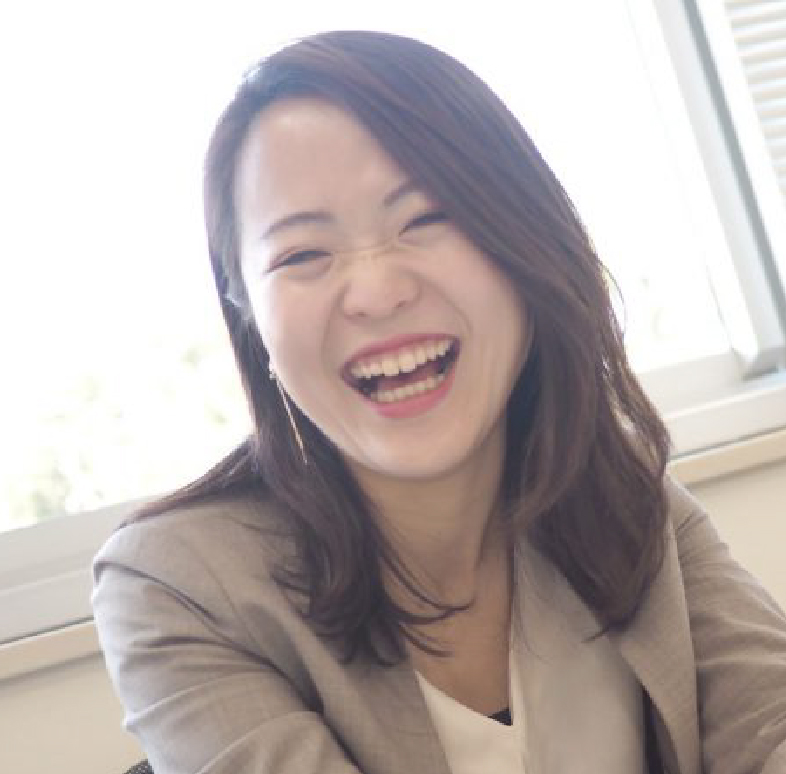
“Becoming a Teacher Because I Witnessed Educational Inequality”
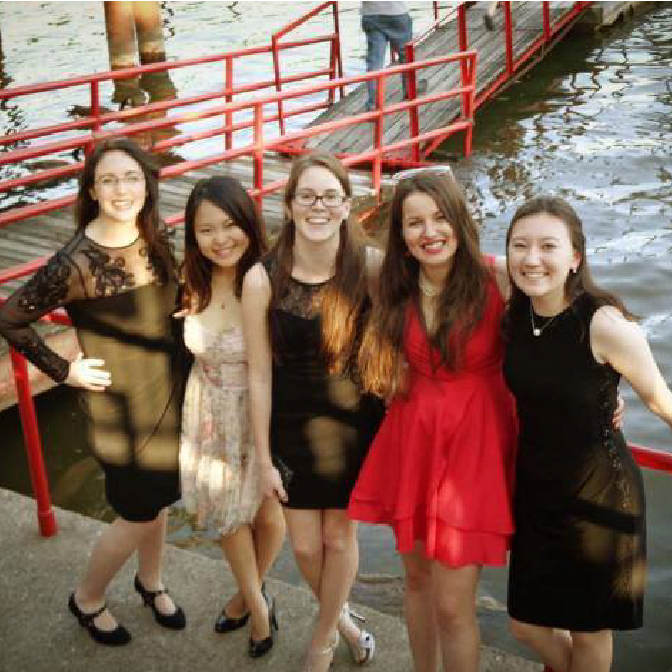
VISION
During my third year of university, I studied abroad in the United States and volunteered to support the learning of immigrant children. These children lived in areas inhabited by undocumented immigrants, where it was considered dangerous to go without a car. The children there did not have learning disabilities, but the combination of language barriers (their native language was Spanish and they were learning English as a second language) and the lack of appropriate educational support due to their economic circumstances left them completely unable to keep up with their studies. Witnessing this, I realized that this was the epitome of educational inequality. I felt the difficulty and injustice of these children trying to make choices for their own lives in the way they wanted. Despite everyone being born with equal rights, this was not the reality I saw.
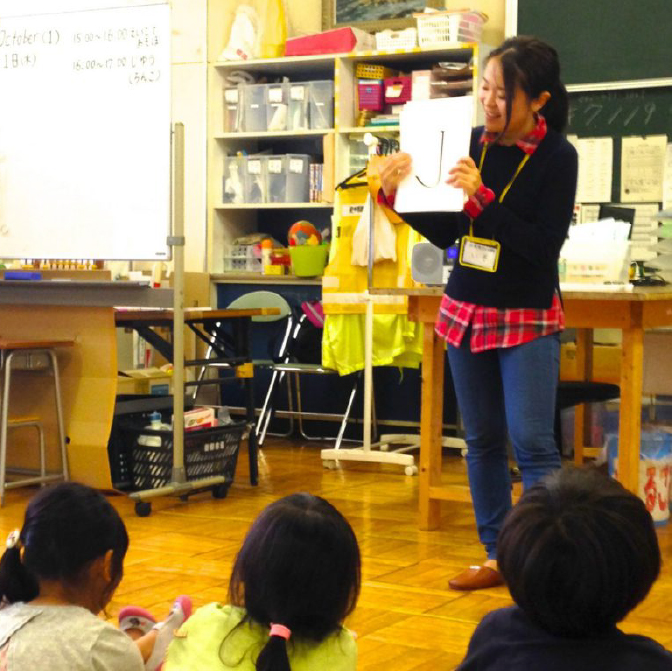
Reason for Becoming a Fellow
During my third year of university, I studied abroad in the United States and volunteered to support the learning of immigrant children. These children lived in areas inhabited by undocumented immigrants, where it was considered dangerous to go without a car. The children there did not have learning disabilities, but the combination of language barriers (their native language was Spanish and they were learning English as a second language) and the lack of appropriate educational support due to their economic circumstances left them completely unable to keep up with their studies. Witnessing this, I realized that this was the epitome of educational inequality. I felt the difficulty and injustice of these children trying to make choices for their own lives in the way they wanted. Despite everyone being born with equal rights, this was not the reality I saw.
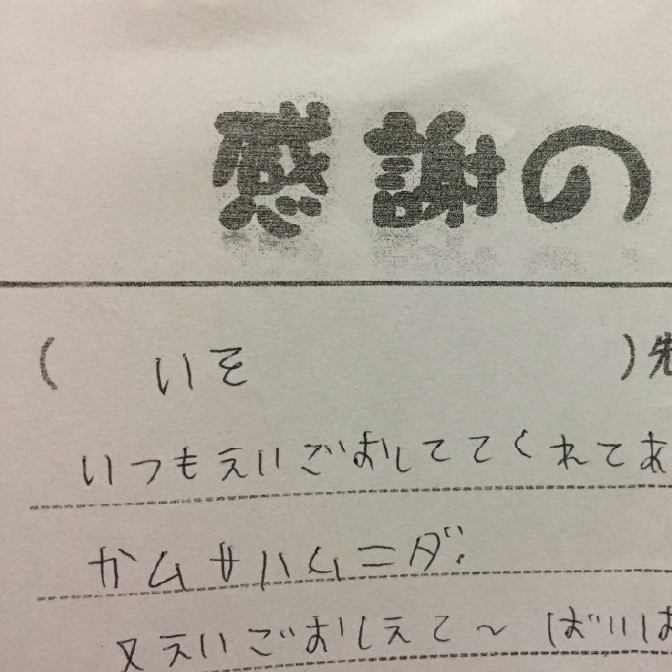
Current Efforts
At the school where I was assigned, many students came from economically disadvantaged families and lacked study habits. Despite wanting to help children in such difficult environments, the reality was harsh. I couldn't build trust with the students. Even when I said things like, "I'll help you study after school" or "If you can speak English, you can go abroad," the students would often react with hostility and sometimes violence. Though I tried to keep a smile on my face, my heart was in pieces. I cried many times in the staff room.
"I am causing trouble for both the students and the other teachers." I was deeply depressed and faced my own feelings. I realized that I had been seeing the students as "pitiful." Unconsciously, I had been thinking that I was in a higher position than the students. From that point on, I tried to see things from the same perspective as the children as much as possible.
At the end of my two-year term, I received a letter from a student. "I really, really, really, really, really like you, Mr. Iso. Thank you for getting angry for me." I wasn't sure what or how much I had been able to achieve, but I felt saved by the student's words.
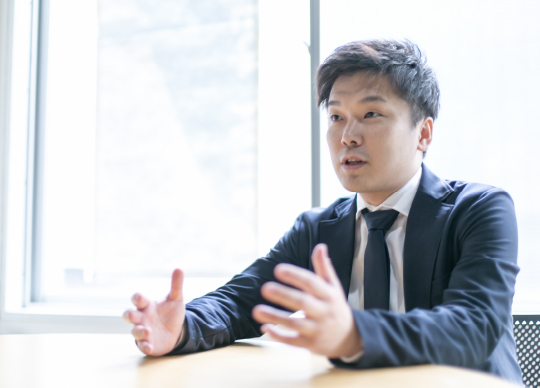 Message from CEO
Message from CEO